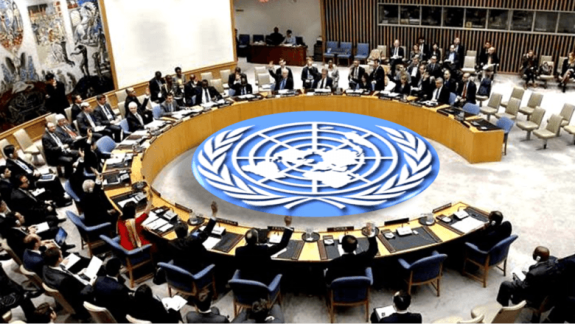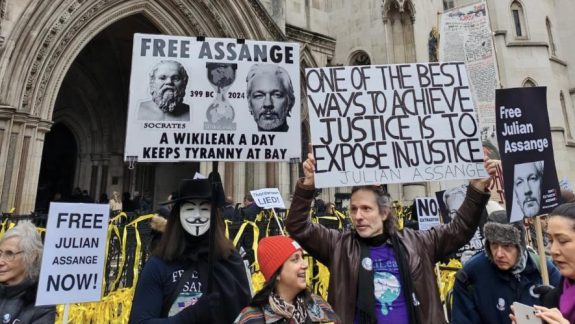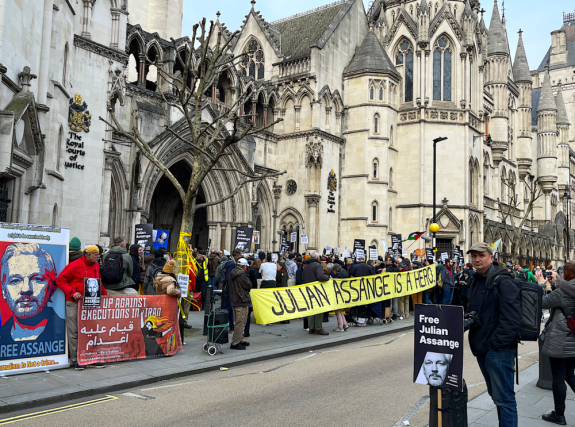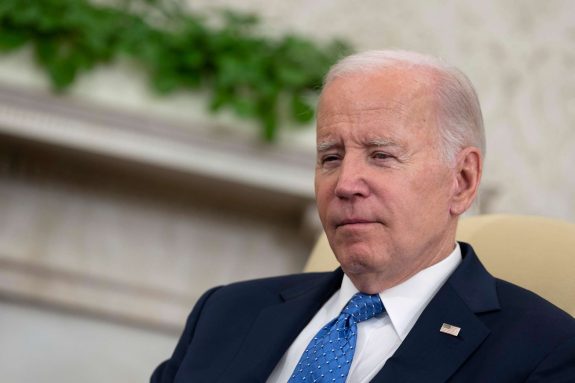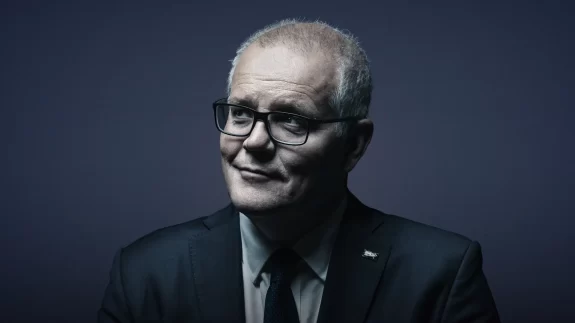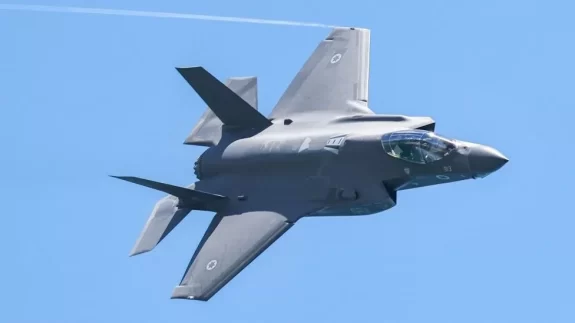Wary of Sinophobia: Anwar Ibrahim at the ASEAN Summit
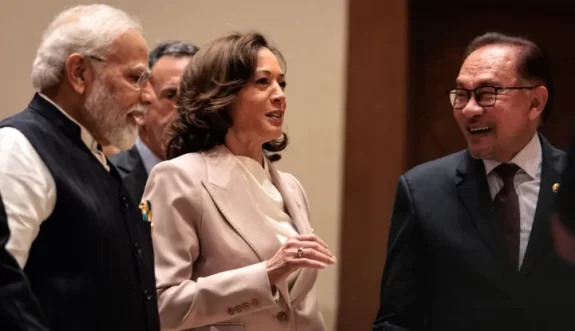
It can take much bruising, much ridicule, and much castigation to eventually reach the plateau of wisdom. Malaysian Prime Minister Anwar Ibrahim, who took office in November 2022, is one such character. Like a hero anointed by the gods for grand deeds and fine achievements, he was duly attacked and maligned, accused of virtually every heinous crime in the criminal code. Sodomy and corruption featured. Two prison spells were endured.
His whole fall from grace as deputy-prime minister was all the more revealing for being instigated by his politically insatiable mentor, Mahathir bin Mohammed, Southeast Asia’s wiliest, and most ruthless politician. Eventually, that old, vengeful fox had to relent: his former protégé would have his day.
Anwar is in no mood to take sides on spats between the grumbly titans who seek their place in posterity’s sun. And why should a country like Malaysia do so? During last year’s visit to Beijing and the Boao Forum in Hainan, he secured a commitment from Chinese President Xi Jinping on foreign investment amounting to RM170.1 billion ($US35.6 billion) spanning 19 memoranda of understanding (MOU). Greater participation in Malaysia’s 5G network plan by Chinese telecommunications behemoth Huawei was assured some weeks later.
In the Financial Times, the Malaysian PM levelled the charge against the United States that Sinophobia had become a problem, a fogging fixation. Why should Malaysia, he asked, “pick a quarrel” with China, a country that had become its foremost trading partner? “Why must I be tied to one interest? I don’t buy into this strong prejudice against China, this China-phobia.”
Much of this middle-of-the-road daring was prompted by comments made by US Vice President Kamala Harris, who has been saddled with the task of padding out ties between Washington and the Association of Southeast Asian Nations (ASEAN). Rather than being diplomatic, the Veep has been irritatingly teacherly.
Last September, during her visit to the US-ASEAN summit in Jakarta, Harris beat the drum on the issue of promoting “a region that is open, interconnected, prosperous, secure, and resilient.” Such openness was always going to be subordinate to Washington’s own interests. “We have a shared commitment to international rules and norms and our partnership on pressing national and regional issues.” An international campaign against “irresponsible behaviour in the disputed waters” would be commenced.
During her trip to the Philippines last November, Harris made the focus of concern clear to countries in the region. “We must stand up for principles such as respect for sovereignty and territorial integrity, unimpeded lawful commerce, the peaceful resolution of disputes, and the freedom of navigation and overflight in the South China Sea, and throughout the Indo-Pacific.”
The subtext for those listening was so obvious as to be scripted in bold font: Our values first; China’s a necessarily distant second. This coarse directness did not fall on deaf ears, and Anwar was particularly attentive. He had already found the views voiced by Harris at Jakarta about Malaysia’s leanings towards Beijing as “not right and grossly unfair.”
In remarks made during a joint press conference with Australian Prime Minister Anthony Albanese held at the current ASEAN summit, being hosted in Melbourne, Anwar expressed much irritation in being badgered by the United States and its allies on the subject of taking sides. The virus of Sinophobia had been doing the rounds, causing sniffles and rumbles. “[M]y reference to China-phobia is because the criticism levied against us for giving additional focus on China; my response is, trade investments is open and right now, China seems to be the leading investor and trade into Malaysia,” Anwar observed. Malaysians, for the most part, “do not have a problem with China.”
Labouring, even flogging the “fiercely independent” standing of Malaysia, Anwar went on to state that his country remained “an important friend of the United States and Europe and here in Australia, they should not preclude us from being friendly to one of our important neighbours, precisely China.”
Nothing typifies this better than Malaysia’s policy towards the supply and manufacturing of semiconductors. The emergence of a China Plus One Strategy, notably in the electronic supply chain, has seen companies diversify their risk through investing in alternative markets to mitigate risks. Keep China on side but do so securely. Anwar has established a task force dedicated to the subject, while also courting such entities as US chipmaker Micron Technology. Last October, the company promised an investment of US$1 billion to expand its Penang operations, in addition to the previous allocation of $US1 billion to construct and fully equip its new facility. In business, such promiscuity should be lauded.
Anwar’s concerns were solid statements of calculated principle, and inconceivable coming out of the mouth of an Australian politician. Albanese, for his part, has tried to walk the middle road when it comes to security in the Indo-Pacific, even as China remains Australia’s largest trading partner. He does so in wolf’s clothing supplied by Washington, with various garish labels such as “AUKUS” and “nuclear-powered submarines.” For decades, Australia’s association with ASEAN has been ventriloquised, the voice emanating from the White House, Pentagon or US State Department.
Canberra’s middle road remains cluttered by one big power, replete with US road signs and tolls, accompanied by hearty welcomes from the US military industrial complex and its determination to turn Australia into a forward defensive position, a garrison playing war’s waiting game. To his credit, Anwar has avoided the trap, exposing the inauthentic position of his Australian hosts with skill and undeniable charm.
Like what we do at The AIMN?
You’ll like it even more knowing that your donation will help us to keep up the good fight.
Chuck in a few bucks and see just how far it goes!
Your contribution to help with the running costs of this site will be gratefully accepted.
You can donate through PayPal or credit card via the button below, or donate via bank transfer: BSB: 062500; A/c no: 10495969














